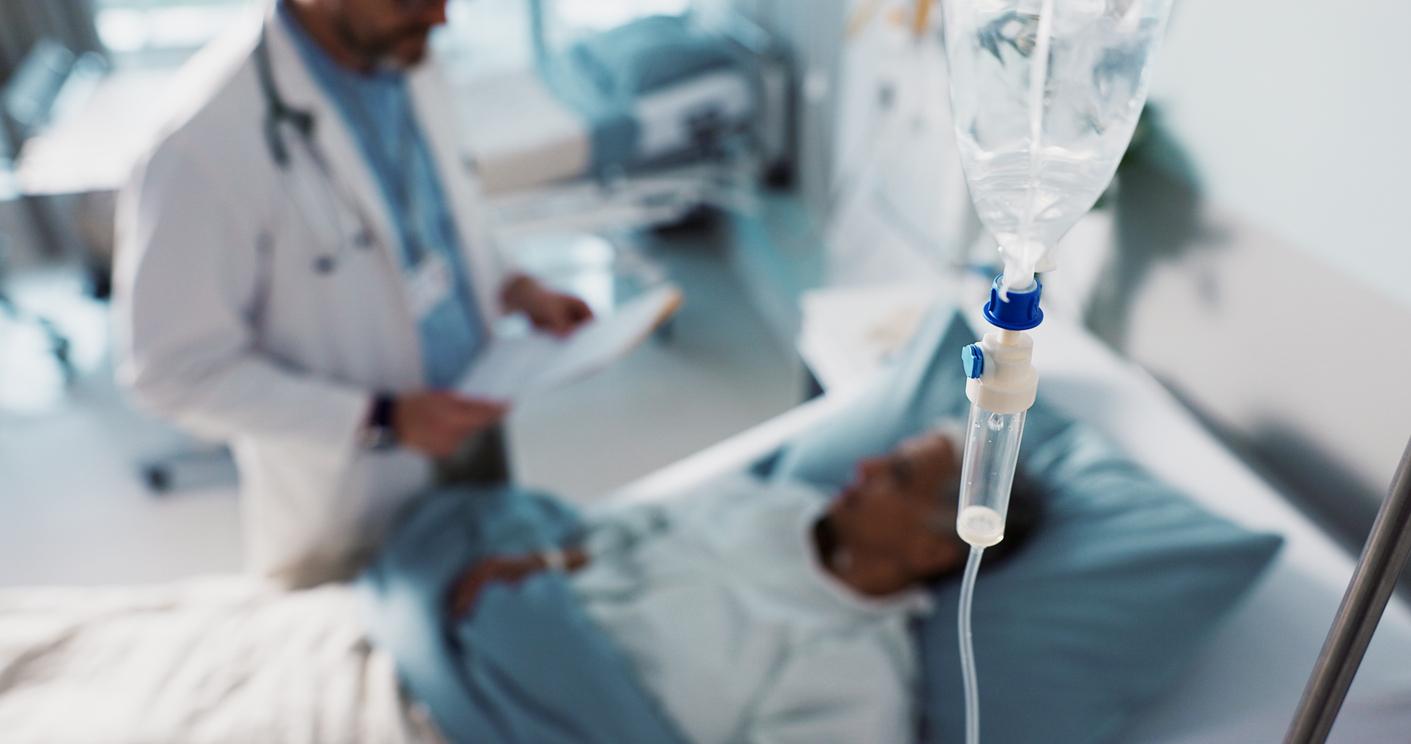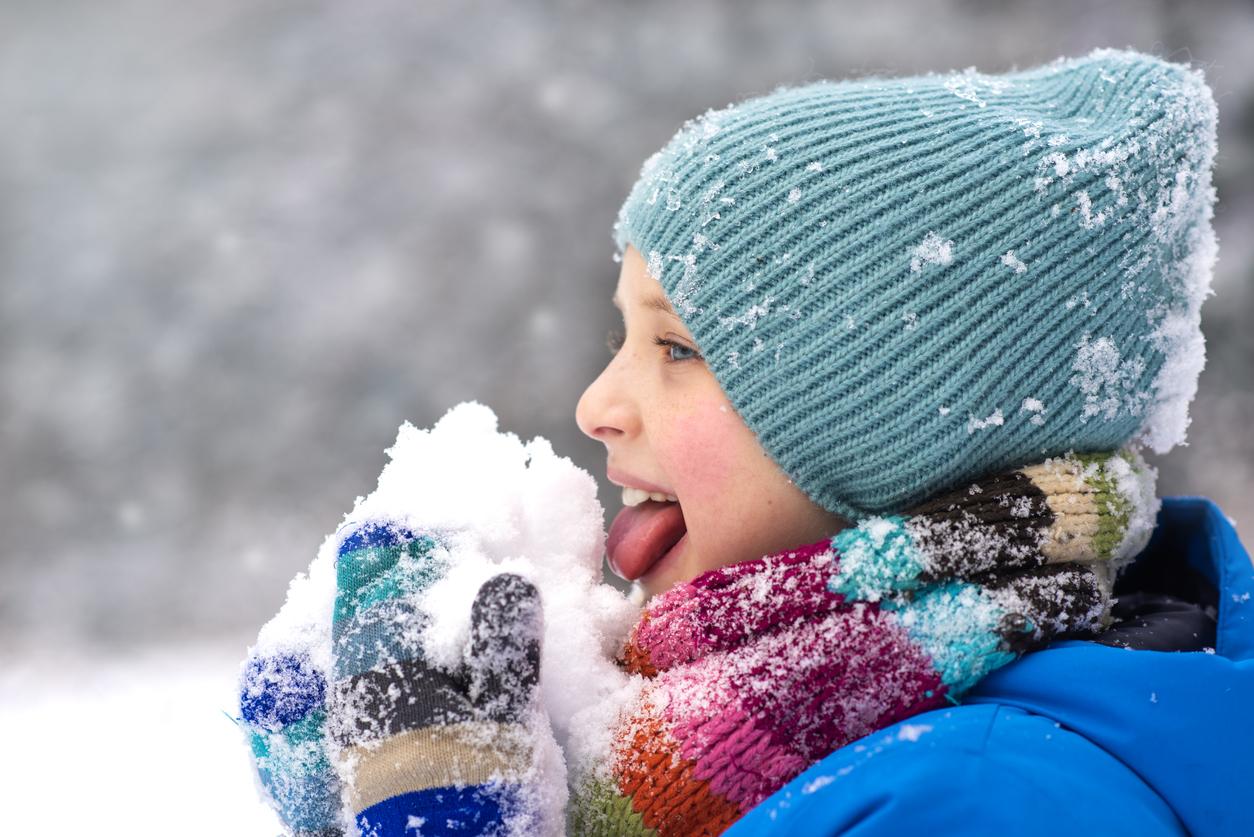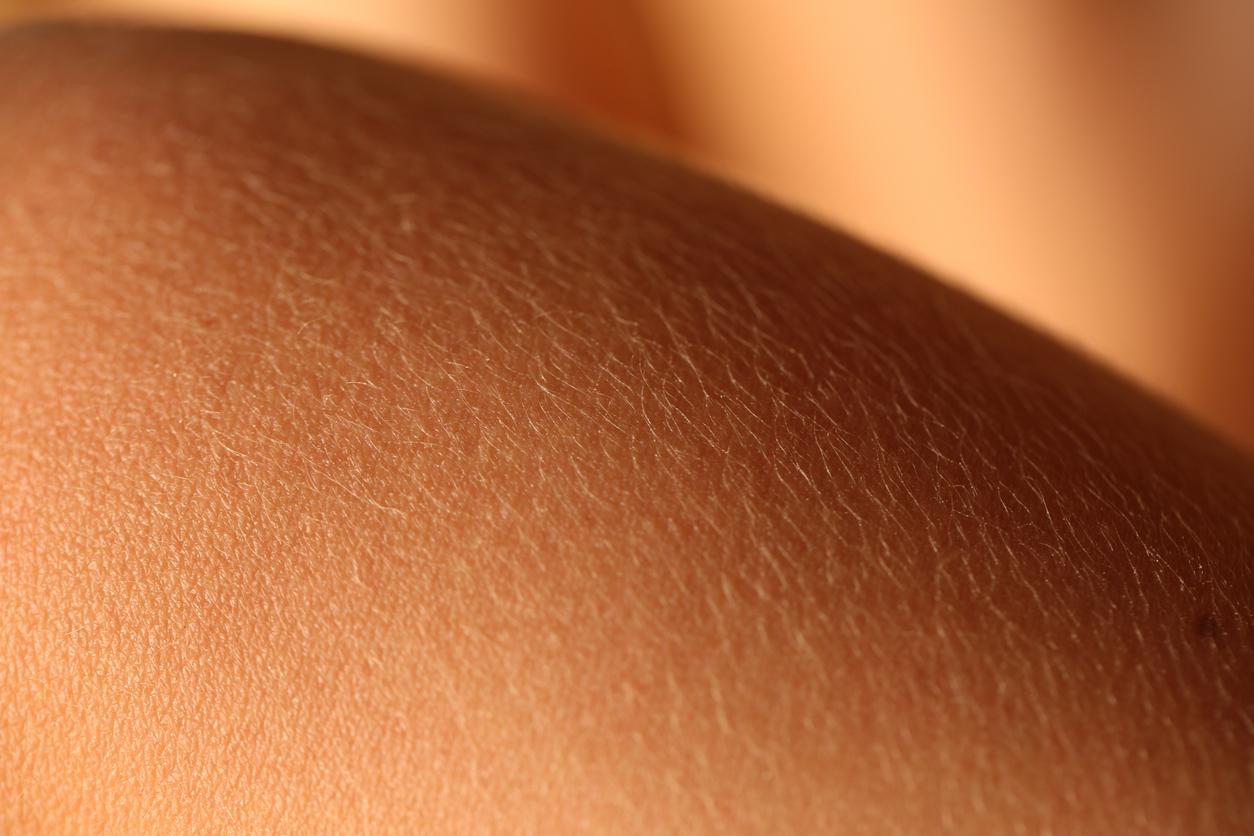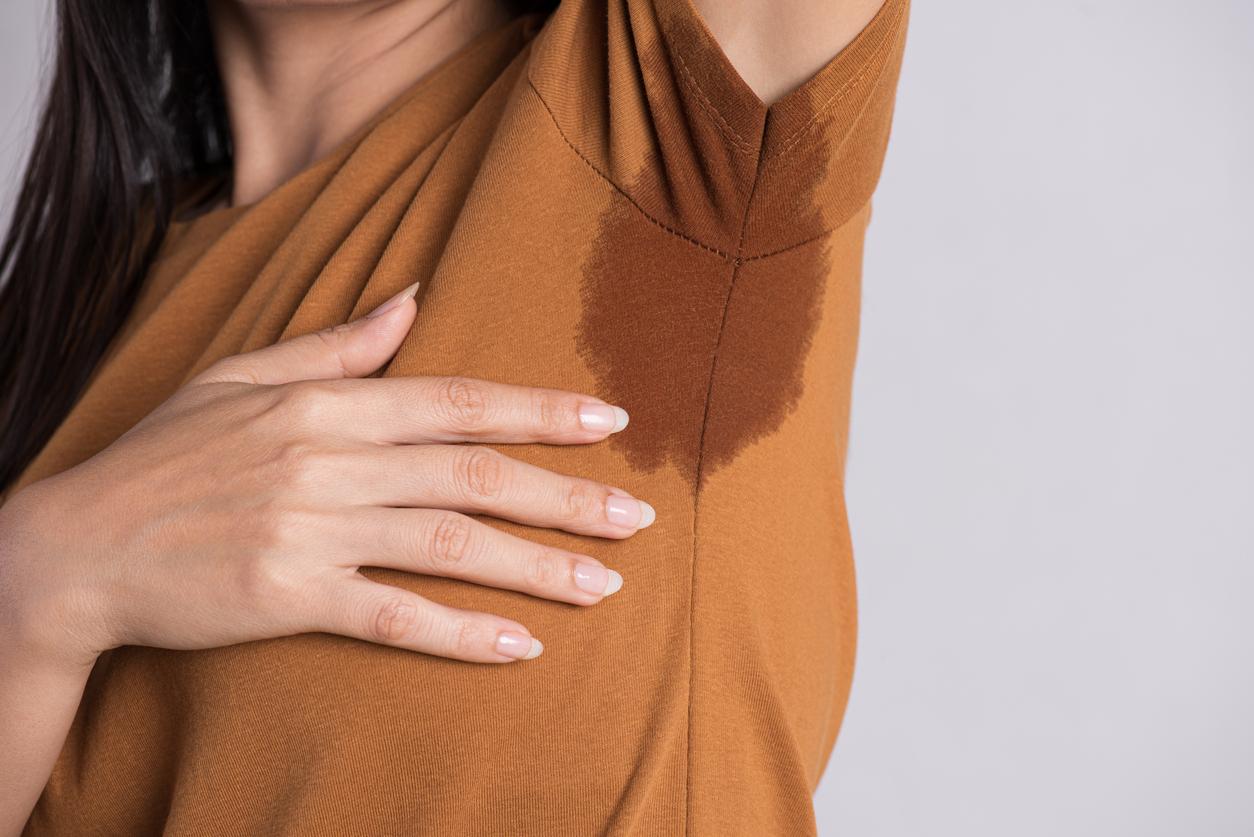Dr. Catherine Oliveres-Ghouti, dermatologist, was the guest of our program Les Jeudis de la Formation and advised us on the right things to do to take care of your skin in winter.
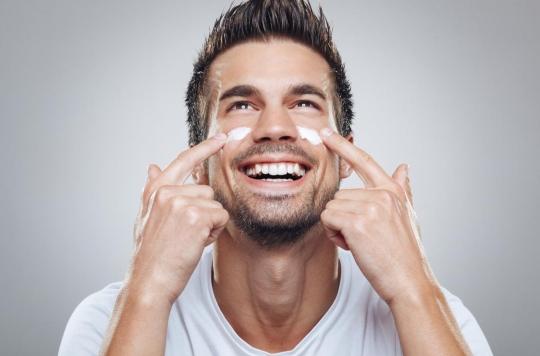
Jean-François Lemoine: Why talk about the skin in winter?
Dr. Catherine Oliveres-Ghouti: The sun causes short, medium and long term damage. On the other hand, in winter, the skin undergoes the aggression of the cold and also the fact that the clothes dry it out.
JFL: Is our skin much more fragile than that of our ancestors in the face of bad weather?
COG : The body of our ancestors was covered with hair. The hairs served as protection against humidity, sunlight, parasites, etc. During its evolution, human beings have lost their hair except for a few very hairy areas such as the genitals or even the hair.
JFL: Do we really need to “nourish the skin”?
COG : The skin is protected by a hydrolipidic film, made up of both sebum which comes from the sebaceous glands and water. This protective film of the epidermis against external aggressions needs lipids to fulfill its role. This skin is then provided with supplements such as creams, made from oil and water, adapted to its needs: light or creamier cream. But “nourishing the skin” does not just mean putting creams on. In winter, the skin is much drier and it is therefore essential to moisturize the skin either with creams or with foods such as omega 3 which can be found for example in oily fish, omega 6 vitamins E .
JFL: Is “Nourishing the skin” only reserved for women?
COG : The men are more and more applicants because today the man devotes a particular interest to his physical appearance. Its image must remain dynamic, healthy. When mature men want to stay competitive in their profession, they don’t want to “look tired”.
JFL: Can men opt for an evening cream?
COG : Men ask us for treatments to combat skin aging either through botox injections for forehead wrinkles, or through creams adapted to their skin. We recommend an anti-wrinkle night cream because it is at night that the skin regenerates. And in the morning, we recommend a moisturizer for dry, oily or combination skin instead.
JFL: So you advise men of all ages to put on a night cream?
COG : Yes of course. It is essential to moisturize your skin at any age. And there is no age to feel good about yourself!
JFL: How do you take care of children’s skin in winter?
COG : It is advisable to cover children’s extremities to protect them from the cold. The skin of children, before puberty, is thin and very dry because it contains less skin fat and the hydrolipidic film is still incomplete, since the sebaceous glands are practically inactive before puberty. It is therefore essential to protect their skin and provide them with special care with creams.
JFL: What creams do you recommend?
COG : Creams where it is indicated “special child or baby”.
JFL: Is the cold the ally or the enemy of the skin?
COG : Lhe cold is not the enemy of the skin provided it is protected with a moisturizer, but you have to think about frostbite which, on the contrary, is not due to intense cold but to damp cold.
JFL: Precisely, from what temperatures does the skin begin to suffer?
COG : It is a question of hygrometry. Frostbite is caused by cold and humidity without necessarily having been exposed for a certain time. They are not necessarily caused by temperatures below zero. They appear on the less vascularized parts of the body such as the extremities of the limbs (hands, feet). You can recognize frostbite by the change in color of the skin at the extremities: reddish, purplish. The area swells and may even be painful.
Be careful not to confuse with frostbite which are lesions due to cold, which occur in the event of negative temperature. The most severe sometimes require amputation.
JFL: Medically, are chilblains treated like burns?
COG :To treat them, it is necessary to act with vasodilators which make it possible to dilate the small blood vessels of the extremities.
JFL: What are the different stages of frostbite?
COG : There is a simple redness then bubbles or purplish blisters can form. The areas are painful and should be treated like burns.
JFL: The treatment of simple chilblains is only done with vasodilators?
COG : Simple frostbite can be treated with vasodilators and also with creams based on healing vitamins B5. When the problem is recurrent, it is also important to prescribe to the patient, as a preventive measure, vasodilators, vitamin E, to inform the patient to put on two layers of thin socks rather than a pair of thick socks, to add silken gloves under his big gloves and not having his feet tight in his shoes.
JFL: Can we say that healing is more difficult in winter?
COG : No not necessarily.
JFL: What are the main rules of healing?
COG : For a surgical scar, the surgical operation is generally done in winter. Uborn scar must be protected from Sun at least during the first six months to avoid the appearance of brown spots at the place of a scar recent.
Then, just apply a small healing cream so that the scar fades quickly.
When it comes to a traumatic scar, the problem is a little more complex. When it comes to a dog bite for example, iIt is advisable to always disinfect the wound well and cover it with a dressing.
JFL: Do we systematically use an antibacterial product on a scar?
COG : Not necessarily. Cleaning the scar with soap and water is a very good disinfectant.
JFL: Should a scar be covered with a bandage?
COG : If it is a scar sutured by a doctor to remove a mole, it is not necessary to cover with a bandage. When dealing with a traumatic scar, iit is advisable to cover with a bandage to avoid any contamination.
JFL: Is it advisable to massage around a scar?
COG : Yes, but only when the wound is closed, you can do a light massage around the edges of the scar to promote good healing.
JFL: How long does it take for a scar to heal completely?
COG : In the back for example, it takes fifteen days for a scar to be completely closed, then apply morning and evening, for a month, a healing cream.
JFL: Should we protect a scar from the cold?
COG : It is important to protect it from the cold because it can end up purplish with simply the vasoconstriction.
JFL: Can we say that healing creams promote healing?
COG : Dermatologists prescribe healing creams because it promotes healing.
JFL: Would winter accentuate skin rashes such as psoriasis, eczema, acne and even rosacea?
COG : Psoriasis increases in winter because in summer land Sun significantly improves the symptoms of psoriasis.Just like eczema which occurs more in winter in people who have atopic skin because their skin is drier. thetime cold is particularly conducive to the appearance of rosacea. EIt is treated in winter at the dermatologist.
JFL: Like the body, does the cold require more calories from the skin?
COG : Yes, in winter, the skin needs more fatty nourishing foods, good fats of course. But which however should not lead to overeating.
.







